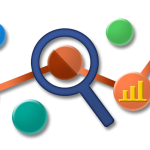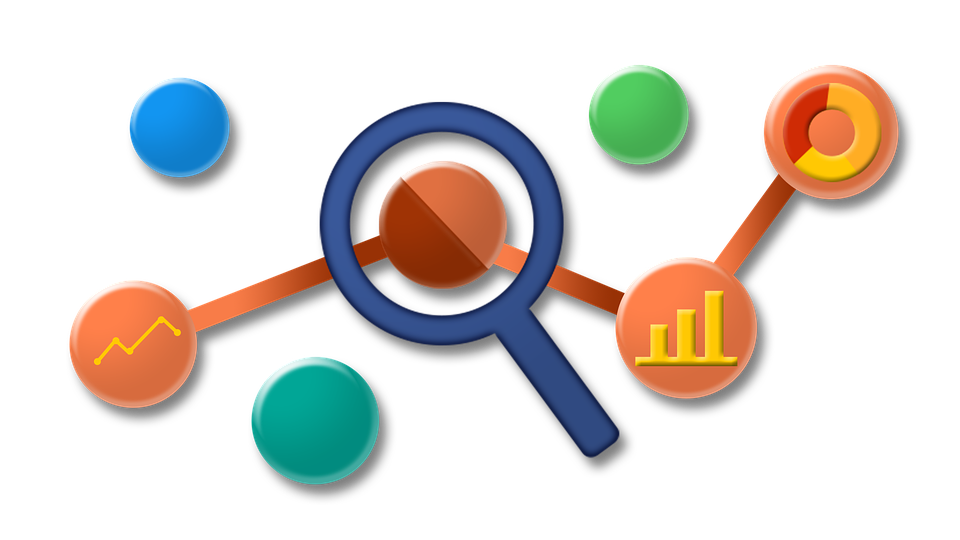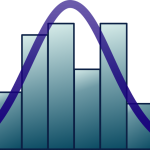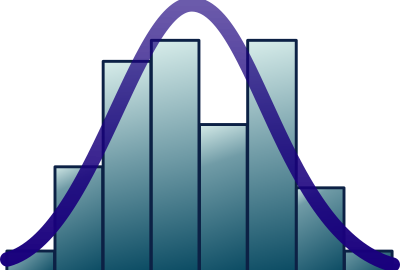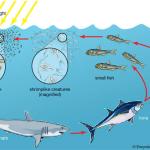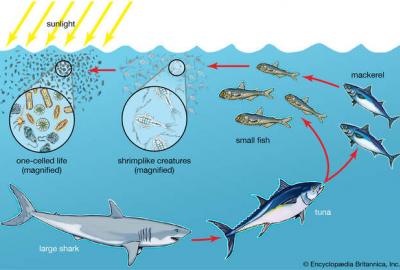Modelling for Quantitative Management of Marine Resources and Ecosystems
Modelling has a growing role in Marine Sciences, which aims at being more and more "quantitative". However, the development of methods in modelling has led to a huge variety of approaches and not unity or consensus emerges. In addition, incorporation of evolutionary concepts is more and more required as soon as models aim at being "realistic". This course aims at teaching what "Modelling" is, what are the basic mathematics behind, and how choices can be made between classes of methods, as a function of the goal pursued or question asked. A particular emphasis is given to the management of exploited living (renewable) resources and ecosystems. The parallel and complementarities with Statistics are explored, with a focus on probabilistic models able to represent stochastic dynamics. Applications in Conservation are reviewed. Specific objectives are: • to grasp the landscape of modelling in marine sciences • to be able to conceive a model with specialists in the discipline • to be able to choose and use the most appropriate approach to solve a problem (e.g. to • develop applications for resource management and ecosystem assessment). • to associate quantitative tools to concepts that can be proposed in Marine Sciences
Course Contents
Courses will run on a 3-weekly basis, and organised in such a way that they alternate lectures (20h) and practices (40h + personal work).
First Week :
- Introduction to Modelling
- Basic Choices
- Basic Mathematics
- Introduction to programming
Second Week:
- Defining Projects
- Modelling Biological entities, their adaption and evolution.
- Modelling population dynamics
- From individuals to populations and communities.
- Tools for managing resources in an adaptive and evolutionary context.
Third Week:
- A look back at ecological systems, with system theory
- Modelling ecosystems (on earth and outside)
- Defining Ecosystems and modelling their evolution.
- Tools for managing nature with an ecosystem-based approach.
Personal or group projects are developed in order to put in practices what is learned from the classes.
Final Competencies
1 Students should be able to work with modeller in order to transform questions they can formulate in a quantitative framework to test their conceptualisation.
2 They will be formed to use models in the context of direct applications regarding resources management and ecosystem evaluation.
3 Practical skills acquired are:
- Knowing diversity of models and making appropriate choices
- Understanding the basic mathematics behind modelling
- Identifying challenges from a methodological point of view
- Designing simple Models
- Coding models and exploiting numerical simulations
Further course information can be found here: https://studiekiezer.ugent.be/studiefiche/en/C004304/2021

